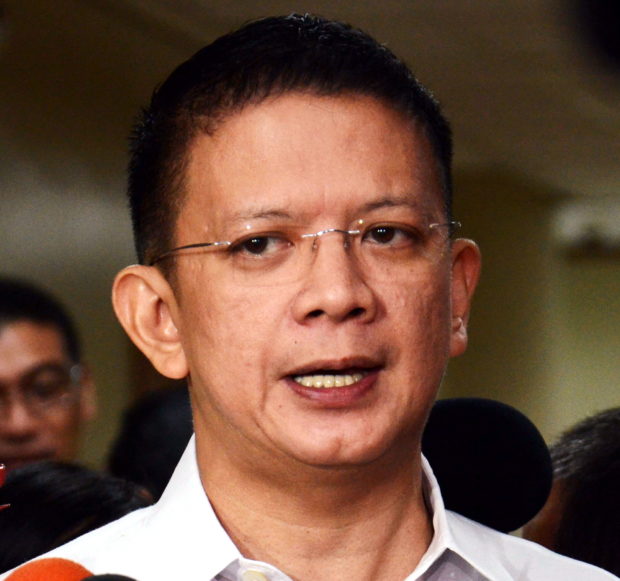Senate bet Escudero wants ‘temporary’ gov’t workers covered by salary increases
MANILA, Philippines — Even temporary job orders and contractual government workers should be entitled to salary increases and benefits, senatorial aspirant Sorsogon Gov. Francis Escudero said Monday.
Escudero issued the call after the third tranche of the Salary Standardization Law (SSL) V took effect in January this year, adjusting the salaries of government employees holding plantilla positions.
The law, however, has left out workers under job order, contractual and temporary employment, according to the former senator.
“Kung may batas mang gagawin, dapat isaklaw o isama ang temporary, job order at contractual workers dahil sa totoo lang, sa pananaw ko, pareho lamang ang ginagawang trabaho ng contractual and job order at ng permanente,” Escudero said in a statement.
(If a new law will be passed, it should include the temporary, job order and contractual workers because honestly, in my view, the work being done by contractual and job order workers is the same as that of permanent employees.)
“In this time of the pandemic, we cannot have a bureaucracy of haves and have nots – those who have salary increases and those who have not. We should narrow the pay gap, not widen it,” he added.
Escudero believes the government can find additional funding sources in its yearly budget to include “non-permanent” employees in the salary and benefits adjustments.
Regularize ‘perpetual’ JOs, contractuals
Aside from increasing the salaries and benefits of the job order (JO) or contract of service (COS) personnel to the same level as their plantilla holder counterparts, the former senator said the government should also consider their regularization, especially if these employees have been in the service for many years.
Noting that a “major” prerequisite for regularization is passing a Civil Service Professional examination, Escudero urged the Civil Service Commission (CSC) to review its policy on plantilla positions and consider one’s length of service, work experience and performance rating as substitutes to the requirements.
“The government should start a pathway to the regularization of perpetual JOs or contractuals. Bukod sa civil service exam, marami namang pwedeng gawing substitute sa requirements katulad ng length of service or performance rating,” he stressed.
Citing figures from the CSC, Escudero noted that there are some 582,378 individuals hired under JO and COS status as of August 2021.
The CSC, he added, defined JO as a “piece work (pakyaw) or intermittent or emergency jobs such as clearing of debris on the roads, canals, waterways, etc. after natural/man-made disasters/occurrences and other manual/trades and crafts services such as carpentry, plumbing, electrical and the like.
“These jobs are of short duration and for a specific piece of work,” Escudero said, quoting the CSC definition.
Meanwhile, the COS is defined as “the engagement of the services of an individual, private firm, other government agency, non-governmental agency or international organization as a consultant, learning service provider or technical expert to undertake special projects or jobs within a specific period.”
The Salary Standardization Law of 2019 is implemented in four tranches starting in January 2020.
Upon full implementation, basic salaries will increase by a weighted average of 23.24 percent by 2023, benefitting around 1.4 million civil servants.
